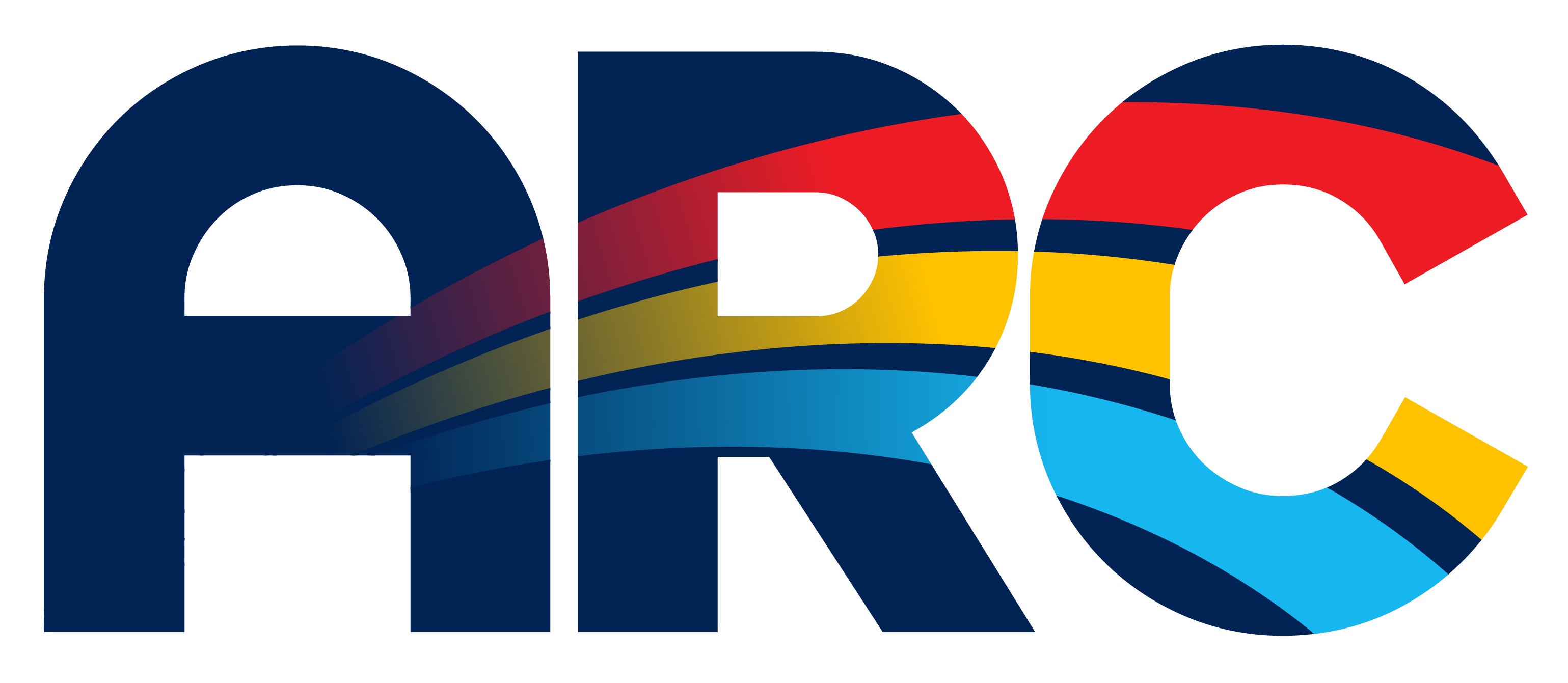An Introduction to Knot Theory
Presenter Status
Graduate Student
Session
E-2
Location
CSH Room 108
Start Date
9-5-2014 11:30 AM
End Date
9-5-2014 12:00 PM
Presentation Abstract
Knot theory is an active area of study in topology, an area of mathematics studying shapes and surfaces. The study of knots was motivated by an attempt to classify the elements, but has become its own area of mathematical interest. A primary method is to develop invariants (such as numbers, polynomials, and other mathematical objects) that describe a knot and distinguish it from others. Despite a century of progress, many easily formulated questions in the field remain unanswered. Knot theory has applications to other areas of topology, such as the study of 4-manifolds, as well as some promising contributions to the life sciences, such as understanding the knotting of DNA. In this talk, we will review a basic overview of knot theory and see one or two knot invariants. Time permitting, we’ll discuss open questions of research interest and applications.
An Introduction to Knot Theory
CSH Room 108
Knot theory is an active area of study in topology, an area of mathematics studying shapes and surfaces. The study of knots was motivated by an attempt to classify the elements, but has become its own area of mathematical interest. A primary method is to develop invariants (such as numbers, polynomials, and other mathematical objects) that describe a knot and distinguish it from others. Despite a century of progress, many easily formulated questions in the field remain unanswered. Knot theory has applications to other areas of topology, such as the study of 4-manifolds, as well as some promising contributions to the life sciences, such as understanding the knotting of DNA. In this talk, we will review a basic overview of knot theory and see one or two knot invariants. Time permitting, we’ll discuss open questions of research interest and applications.



